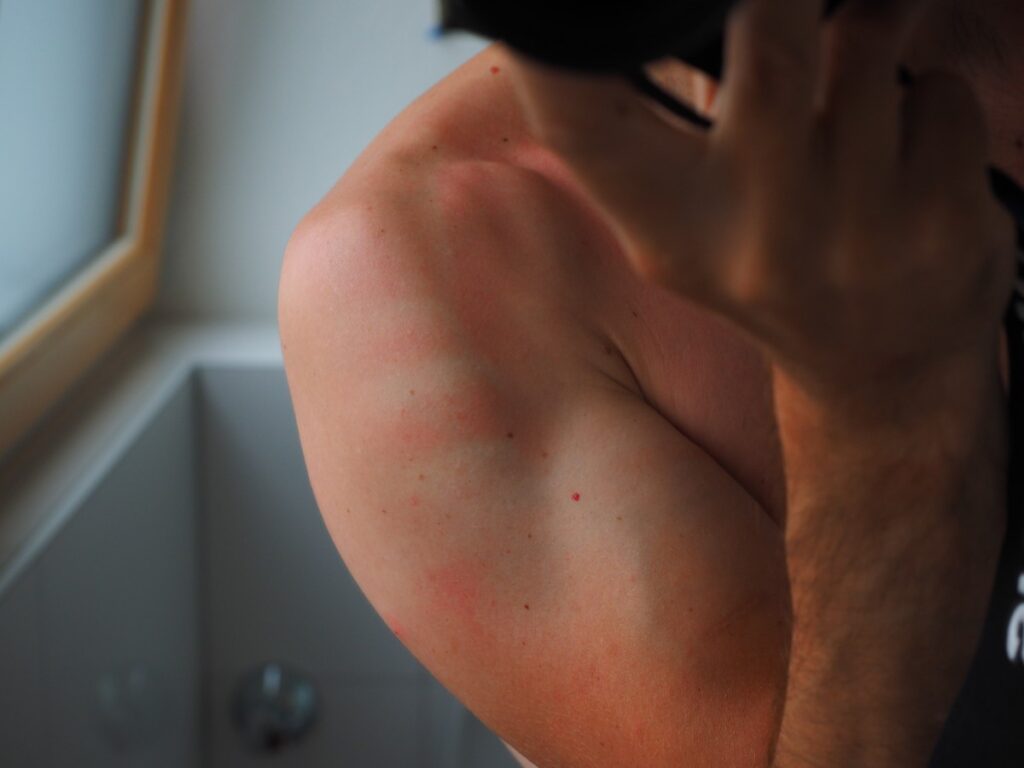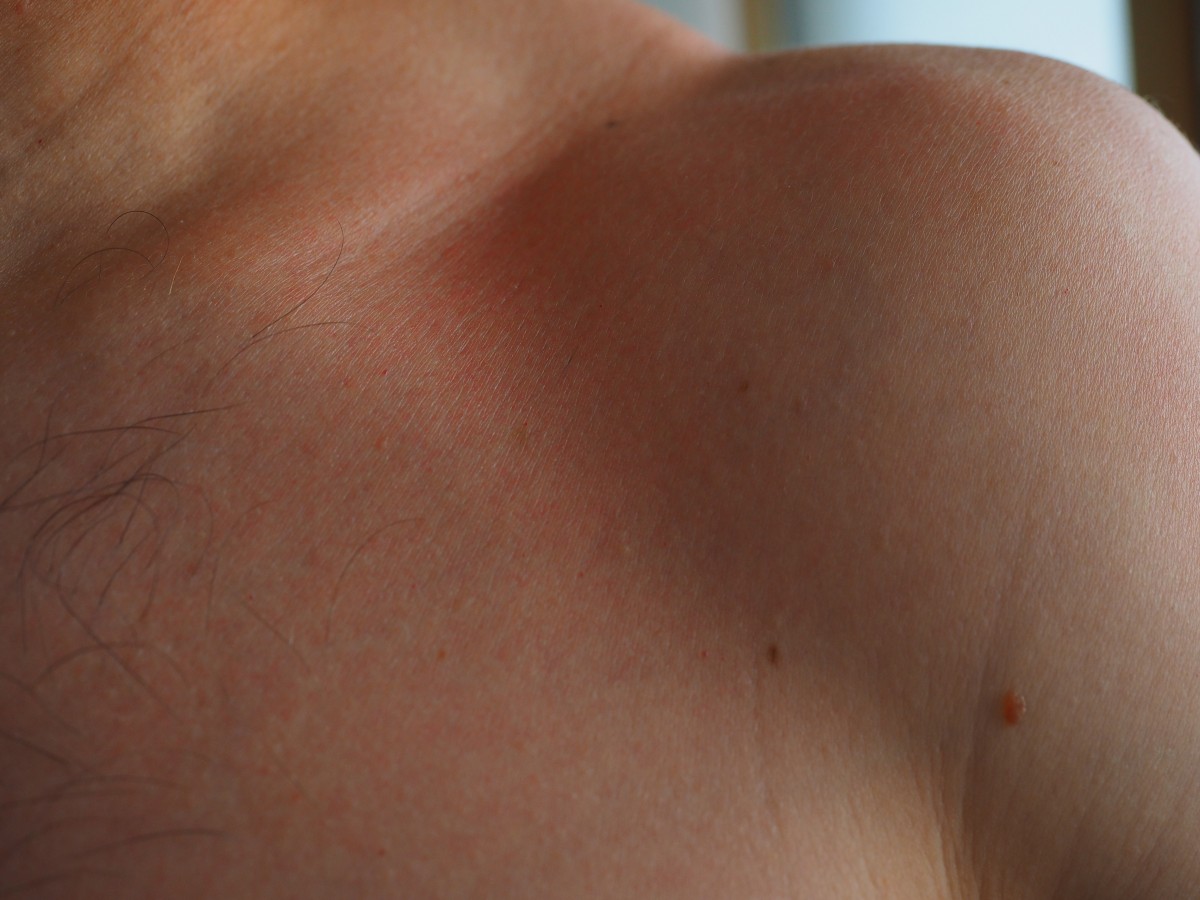Dermatologist for Dark Spots – Dark spots, often a cause for concern in the realm of skincare, prompt many individuals to seek the expertise of a dermatologist. Understanding the intricacies of these spots, their causes, and the available treatments is crucial in making informed decisions about skincare routines and professional interventions.

Understanding Dark Spots
What are Dark Spots?
Dark spots, also known as hyperpigmentation, manifest as patches of skin that appear darker than the surrounding area. These spots can arise due to various reasons, including sun exposure, hormonal changes, skin injuries, or underlying medical conditions.
Causes of Dark Spots
Sun exposure ranks high among the leading causes of dark spots. The ultraviolet (UV) rays trigger melanocytes in the skin, leading to excess production of melanin, resulting in hyperpigmentation. Hormonal changes, such as during pregnancy or due to hormonal medications, can also contribute to their formation.
Different Types of Dark Spots
Dark spots come in various forms, such as age spots, melasma, and post-inflammatory hyperpigmentation. Each type has distinct characteristics and triggers, requiring tailored approaches for effective management.
Importance of Consulting a Dermatologist
Seeking guidance from a dermatologist becomes imperative when dealing with persistent or concerning dark spots.
Expertise of Dermatologists
Dermatologists possess specialized knowledge and diagnostic skills to identify the underlying causes of dark spots. Their expertise allows for personalized treatment plans, addressing the root cause rather than merely managing the symptoms.
Benefits of Professional Evaluation
Consulting a dermatologist ensures accurate diagnosis and appropriate treatment recommendations. This professional evaluation minimizes the risk of misdiagnosis and ineffective treatments that may exacerbate the condition.
Treatment Options Available
Dermatologists offer a range of treatments tailored to individual needs. These may include topical medications, laser therapies, chemical peels, or other advanced procedures designed to reduce or eliminate dark spots effectively.
Preparing for a Dermatology Appointment
Before visiting a dermatologist, self-assessment techniques can help track changes in dark spots’ appearance, aiding in discussions during the appointment.
Self-Assessment Techniques
Take note of any changes in the size, color, or texture of dark spots. Documenting these changes provides valuable information to the dermatologist.
Questions to Ask a Dermatologist
Prepare a list of questions about treatment options, expected outcomes, and potential side effects. Engaging in open communication ensures a clear understanding of the recommended procedures.
Lifestyle Changes for Managing Dark Spots
Incorporating lifestyle changes, such as wearing sunscreen daily, maintaining a healthy skincare regimen, and avoiding excessive sun exposure, complements professional treatments, promoting better outcomes.
Dermatological Treatments for Dark Spots
Dermatologists employ various treatments tailored to address different types and severities of dark spots.
Topical Treatments
Topical medications containing ingredients like hydroquinone, retinoids, or vitamin C can effectively lighten dark spots over time.
Laser Therapies
Laser treatments target melanin-producing cells, breaking down excessive pigmentation and promoting skin rejuvenation.
Chemical Peels
Chemical peels involve applying a chemical solution to exfoliate the skin, leading to the shedding of damaged skin cells and revealing a more even skin tone.
Home Remedies vs. Professional Solutions
While home remedies like natural masks or DIY treatments exist, their efficacy and safety compared to professional solutions remain debatable.
Efficacy and Safety Comparison
Professional treatments under dermatological guidance often yield more consistent and safer results compared to home remedies, which may lack scientific evidence or cause adverse reactions.
Advantages of Medical Intervention
Medical interventions offer targeted solutions, ensuring precise and monitored care to manage and diminish dark spots effectively.
Lifestyle Changes and Skincare Regimen
Maintaining a consistent skincare routine and integrating specific products recommended by dermatologists can significantly aid in managing and preventing dark spots.
Sun Protection Measures
Applying broad-spectrum sunscreen daily and seeking shade during peak sun hours play pivotal roles in preventing further darkening of spots and protecting the skin from harmful UV rays.
Recommended Skincare Products
Dermatologists may suggest skincare products containing ingredients like antioxidants, exfoliants, and brightening agents to fade dark spots and enhance skin texture.
Managing Dark Spots Holistically
Holistic approaches encompass dietary considerations and stress management techniques to complement dermatological treatments.
Dietary Considerations
Consuming a balanced diet rich in antioxidants and vitamins supports skin health and assists in managing dark spots.
Stress Management Techniques
Stress can exacerbate skin conditions. Engaging in stress-relieving activities like meditation or yoga contributes to overall skin wellness.
The Role of Genetics and Aging
Genetic predispositions and the natural aging process can influence the development of dark spots.
Understanding Genetic Predisposition
Some individuals may be genetically prone to developing certain types of dark spots, highlighting the importance of personalized skincare routines.
Addressing Age-Related Dark Spots
As skin ages, cumulative sun exposure and other factors contribute to the formation of age spots, emphasizing the need for consistent skincare practices and regular dermatological check-ups.
Conclusion
Consulting a dermatologist for dark spots ensures personalized care and effective treatment options. Integrating professional guidance, lifestyle modifications, and suitable skincare routines can significantly improve the appearance and manageability of dark spots.
FAQs
- How long does it take to see results from dermatological treatments?
- Are there any natural remedies that effectively fade dark spots?
- Can dark spots reappear after successful treatment?
- Is it possible to prevent dark spots from worsening?
- At what age do dark spots typically start appearing?




